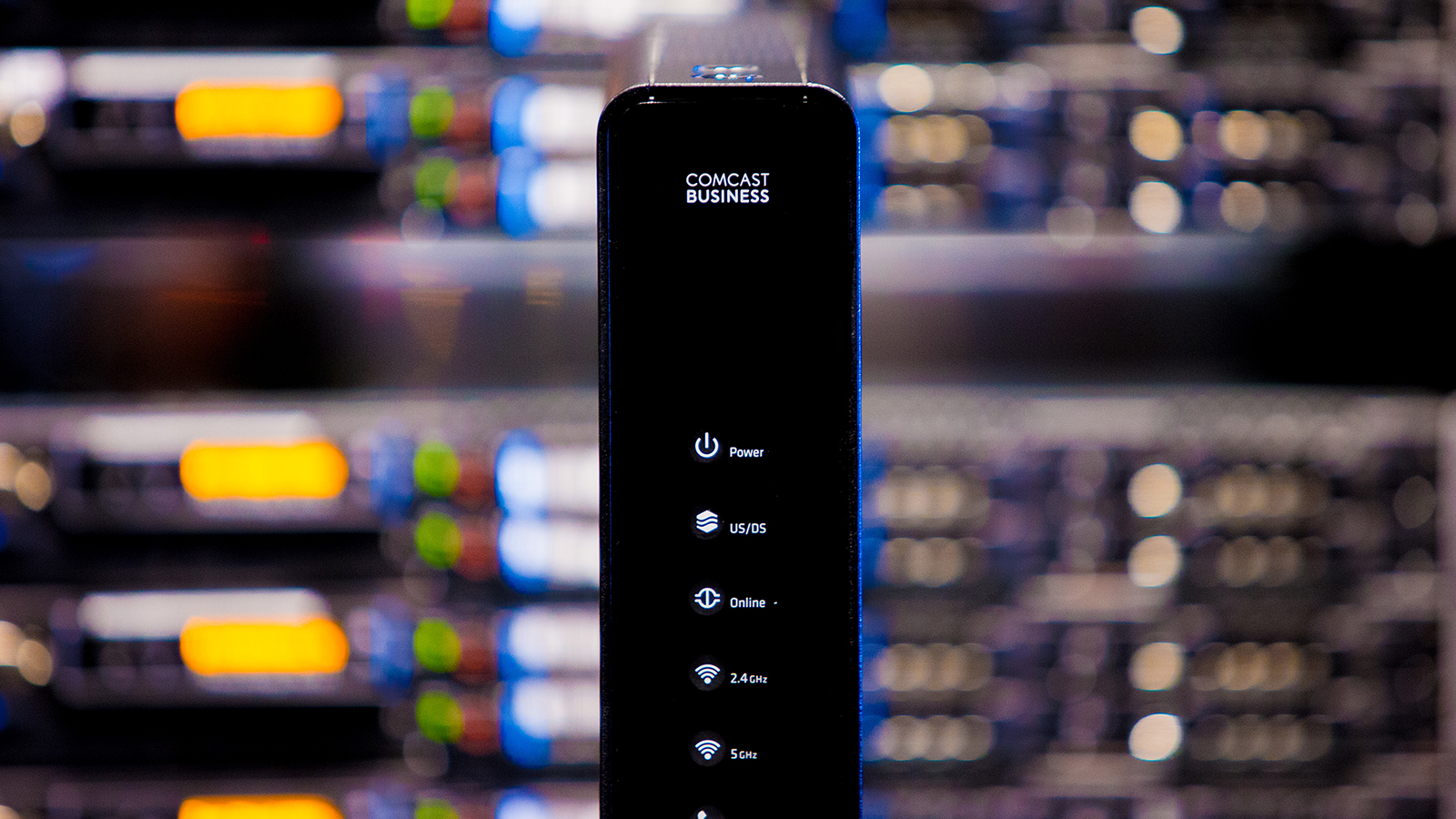Comcast Business Announces $13 Million Investment to Expand High-Performance Ethernet Network in Greater Philadelphia, New Jersey

Comcast Business announced it is investing more than $13 million in a major expansion of its fiber-based network throughout Greater Philadelphia and New Jersey, reaching more than 14,000 businesses directly and benefiting thousands more by making the network more accessible and affordable than ever before. Capable of delivering up to 100 Gigabits-per-second (Gbps) of network capacity, the fiber optic Ethernet network expansion will support advanced services and give the company the ability to bring new customers, ranging from small and medium-sized organizations to large enterprises, online more quickly.
While the Comcast Business fiber network already serves thousands of the region’s largest companies and other businesses, this concentrated expansion deploys more than 120 miles of new fiber optic cable across areas such as Center City Philadelphia; King of Prussia, PA; Mount Laurel, Princeton, Somerset and South Plainfield, NJ; and Wilmington, Del; among others. Significant work over the past several months has already begun to provide high-performance Ethernet, Internet and advanced voice solutions to many businesses and organizations, and additional network expansions will continue into the first quarter of 2018. Since 2014, Comcast Business has invested more than $60 million in proactive network expansions in the region, including more than $30 million invested in the City of Philadelphia.
One company that has benefited from recent expansions is global intellectual property law firm Panitch Schwarze Belisario & Nadel, LLP, based in Philadelphia and Wilmington, Del.: “Because capital expense was minimized, our company was able to upgrade both of our locations to a dedicated Internet fiber connection at pricing comparable to what we were paying for a less stable platform,” said Evan Kozierachi, IT Manager for the firm.
With a comprehensive portfolio of Ethernet options, Comcast Business serves schools, businesses, hospitals and other organizations with distributed enterprises that require large amounts of bandwidth, are looking to link multiple sites or branch locations or plan to connect their offices to a third-party data center.
“Access to a fiber network is critical for businesses as bandwidth demands continue to grow at a relentless pace,” said James Barrood, CEO, New Jersey Technology Council. “Comcast’s expansion of its fiber network demonstrates its commitment to businesses across our region and makes it just another reason that New Jersey is great place to do businesses.”
“As demand for our high-performance Ethernet offerings continues to soar, Comcast Business recognizes the need to respond quickly to new businesses to provide scalable solutions that can meet demand as they grow,” said David Dombroski, regional vice president for Comcast Business. “Companies of all sizes can meet their capacity needs now and prepare for future requirements as well, all while benefitting from our advanced telecommunications services. Not only does this help organizations meet customer needs and drive growth, but it helps boost the local economy as well.”
This Ethernet expansion will provide businesses with access to a comprehensive portfolio of multi-Gigabit Ethernet options that will help meet the day-to-day demands of organizations requiring large amounts of bandwidth, looking to link multiple sites or branch locations, or planning to connect their offices to a third-party data center. Services offered include:
- Ethernet Private Line: Point-to-point connectivity between two customer sites for bandwidth-intensive applications.
- Ethernet Virtual Private Line: Point-to-multipoint connection to enable customers to tailor bandwidth, performance characteristics and cost.
- Ethernet Network Service: Multipoint-to-multipoint connectivity to connect organizations with high-bandwidth requirements and multiple locations across Comcast’s network.
- Ethernet Dedicated Internet: Continuous, high-bandwidth connectivity between customers’ LANs and the public internet.